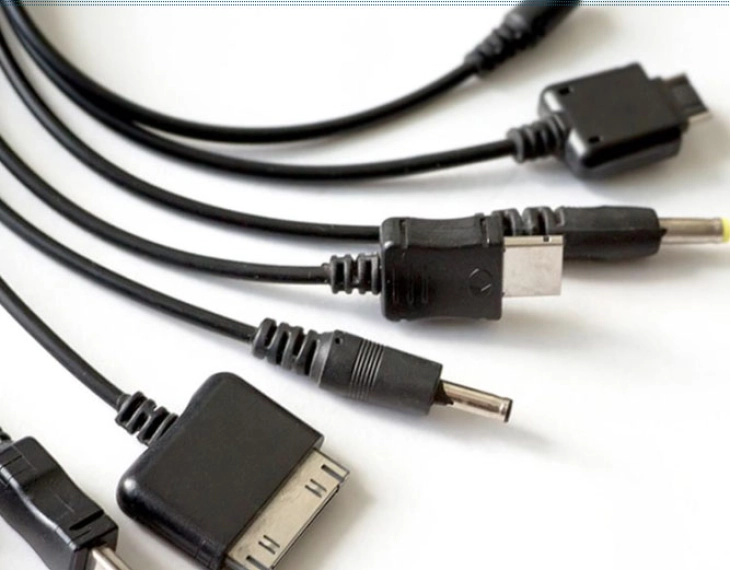EU clinches agreement on universal phone chargers for 2024
- Post By Ivan Kolekevski
- 12:34, 7 June, 2022

Brussels, 7 June 2022 (dpa/MIA) - Mobile phones and other electronic devices in the European Union are to have standardized charging equipment from 2024, negotiators from the European Parliament and the 27 EU member states agreed on Tuesday.
"After a decade, finally one standard (USB-C) will charge them all," said Anna Cavazzini on Twitter, a German Green EU lawmaker involved in the talks. "This will save resources and our nerves," she added.
The EU legislature and EU countries clinched the deal after pushing for companies to make charging equipment for mobile phones and other portable devices more uniform since 2014 with original proposals dating as far back as 2009.
The agreement comes despite industry resistance. Apple in particular, has criticized the regulations as hampering innovation. The US tech giant argued the move could cause many existing products to be needlessly thrown away.
Under the agreement, USB-C is to become the standard charging socket in the EU. Among the other electronic devices included in the agreement are tablets, e-readers, digital cameras, headphones and headsets, and portable speakers.
The regulation also allows consumers to purchase charging equipment and devices separately from one another.
A longer phase-in period applies for when the regulations enter into force for laptops to adapt the products to the new charging requirements.
The idea of the regulation is to cut down on electronic waste and improve consumer satisfaction. The European Commission estimates disposed chargers generate 11,000 tonnes of e-waste every year.
The commission introduced a proposal for universal phone chargers back in September 2021 in response to calls from the European Parliament and the European Council, the EU body representing the 27 EU member states.
The quick conclusion of talks between the two sides demonstrates how close both positions were. Negotiations on EU legislation between the member states and the EU legislature in practise drag on far longer.
The EU legislature and the 27 EU member states must now adopt the regulations before their entry into force.







